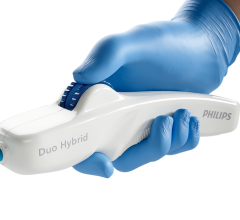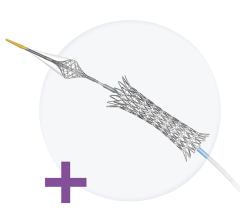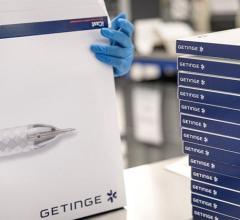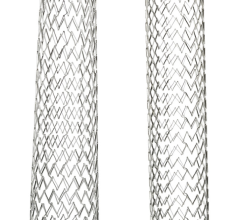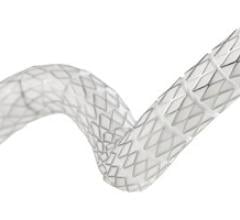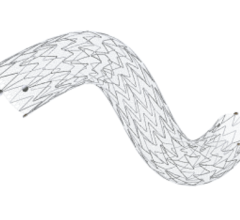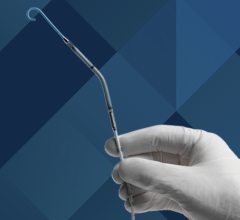
October 24, 2011 — BioCrossroads’ Indiana Seed Fund has announced its twelfth investment, committing $300,000 to medical device start-up Zorion Medical. Zorion is developing a breakthrough device combining novel biomaterials with known drug and drug delivery technology in a unique design to treat cardiovascular disease.
The initial product under development is a vascular stent being designed so it will be absorbed in the body within three to six months following implantation. Zorion recently completed a successful pre-clinical study testing the absorption properties and biological response to the biomaterial scaffold.
The BioCrossroads funding will support further proof-of-concept (POC) work in another pre-clinical study targeted for the first quarter of 2012. In addition to the Indiana Seed Fund, Periculum Capital, an Indianapolis-based private investment and merchant banking group, has invested in Zorion.
“Zorion’s stent has the potential to be revolutionary within interventional cardiology where the market is significant with more than one million stent placements performed in the U.S. each year,” said David Johnson, president and CEO of BioCrossroads. “Zorion’s experienced management team and innovative device represent a promising combination of talent and technology, and the company is exactly the type of start-up enterprise that fits into Indiana’s entrepreneurial life sciences community. The Hoosier state is fortunate to be on the receiving end of a truly measurable ‘brain gain’ through the addition and relocation of the company’s chairman and industry veteran, David Broecker, from Boston to Indianapolis.”
The majority of other absorbable stent products in development by major companies utilize polymer-based technologies; these can take up to two years to absorb, can be difficult to implant, and have limited clinical application and utility. Zorion’s novel biomaterials and unique design will have the performance and deployment characteristics of drug-eluting metal stents with the promise of being completely absorbable. This will avoid many of the risks associated with permanent stents and eliminate the need for long-term drug therapy to prevent severe blood clots.
For more information: www.biocrossroads.com; www.zorionmedical.com


 November 24, 2025
November 24, 2025 


